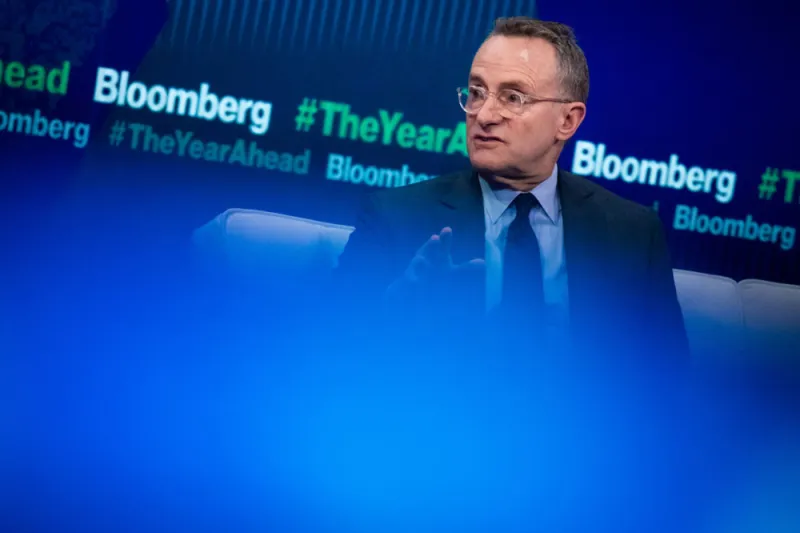Oaktree Capital Management is being more conservative than usual with its credit portfolio — particularly after investors piled back into debt and equity following the government’s emergency support for markets during the pandemic.
“We see reason to be cautious,” Armen Panossian, Oaktree’s head of performing credit, and Danielle Poli, who leads the product specialist group, said in the asset manager’s credit report for the second quarter. “It is easy to envision a panic scenario in which these investors are shaken by bad news around economic performance and therefore choose to quickly exit the markets.”
Some countries and U.S. states are seeing alarming increases in Covid-19 cases after reopening their economies — with some regions reverting to lockdown, Oaktree pointed out. The firm worries that these “fits and starts” have caused companies to file for bankruptcy and said it expects many industries to see several years of stress as they reassess costs such as real estate.
“Liquidity injected into the markets by central banks has allowed investors to look past the ‘valley’ of lost output during the pandemic,” Panossian and Poli wrote. “Today’s pricing of risk assets indicates an expectation for a quick economic recovery.”
Oaktree, the Los Angeles-based investment firm cofounded by Howard Marks, is protecting capital in anticipation of market volatility while seeking to reserve capital should buying opportunities suddenly emerge, according to the report. In public markets, that means rotating out of companies and sectors that have outperformed.
[II Deep Dive: ‘Warped’ Markets Prompt Pensions to Add Risk, Howard Marks Says]
“The high yield bond asset class is no longer a screaming bargain,” Panossian and Poli wrote in the report. “With the average price in the mid-90s as of June 30, versus in the mid-80s on March 31, there’s less potential for capital appreciation.”
As for leveraged loans, the Oaktree expects the senior corporate debt to “remain particularly attractive” while acknowledging that Covid-19 remains a “wildcard” for companies’ earnings.
“The pronounced snapback in the U.S. equity and leveraged finance markets might suggest a stronger economy, but we're not yet seeing meaningful improvement in revenue or profitability among middle-market companies,” the authors wrote. The firm sees many mid-market borrowers seeking private credit to fund small acquisitions, increase liquidity or “capitalize on strong Covid-related growth potential.”
Within private credit, Oaktree expects “compelling” investment opportunities may be even more plentiful during the second half of 2020.
“Still, our focus today is on maintaining a conservative approach,” Panossian and Poli said. “We're emphasizing themes that we believe will be more resilient in a potential downturn.”







